It has been a rough year. For some “only” rough, for some also painful and for others – completely catastrophic. It has been a year full of change, mostly for bad and worse. A year, when the power of God’s anger became almost palpable. A year, when Mother Earth decided to finally show us – the humans – how utterly insignificant we are in the face of Her powers.
Mother Earth is a strict mother, but sometimes She does show mercy. She lets life survive even most catastrophic fire, She feeds Her children through the most sever winters and sometimes she even brings sleep to ease up the harsh waiting for better times.
This year has also been rough for us – the creators of the Witia project. With exeption of loosing a member of a family – for which we are grateful to the Gods – we have not bee spared any hardship, trials, struggles, worries and disappointments, that were brought on humanity by the pandemic. Although we are not defeated, we are, as many, if not most of you – really tired. This is why we decided to follow the wisdom of Mother Earth and go into winter sleep, or rather – while waiting for the spring - put the English and Polish version of Witia’s blog in winter hibernation.
The period of winter break is going to allow us to regain our strength, catch up with the overdue not-Witia related projects, continue building up the Russian version of our blog as well as Witia’s podcast – “Searching for the Slavic Soul”. We are very grateful to readers of the English and Polish version of Witia’s blog for their attention and support so far and we promise – and look forward to – meeting again in the spring of 2021
Slava!
Read More

![[podcast's transcript] Other Slavic pagan celebrations](https://images.squarespace-cdn.com/content/v1/5d9e327d3f46951871e2ea96/a8bb462e-558e-44ef-9745-4f3de6744bf4/IMG_20221125_185047.jpg)
![[podcast's transcript] When the Sun Was a God](https://images.squarespace-cdn.com/content/v1/5d9e327d3f46951871e2ea96/971d5291-0829-4108-b49e-61df2188d44b/o%C5%82tarz.jpg)
![[podcast's transcript] Planning your afterlife](https://images.squarespace-cdn.com/content/v1/5d9e327d3f46951871e2ea96/92eda761-da71-45f2-84b6-c490f592339c/0003LCKDQJK9J0EY-C122-F4.jpg)
![[podcast's transcript] Petting shapeshifting demons](https://images.squarespace-cdn.com/content/v1/5d9e327d3f46951871e2ea96/1659820764931-KRFPCAYQXHYM3I4WPNII/Vladimir.jpg)
![[podcast's transcript] The wars of Slavs](https://images.squarespace-cdn.com/content/v1/5d9e327d3f46951871e2ea96/1654464585145-Y57ZF89DN8I31VS7SNE4/Lechfeld1457.jpg)
![[podcast's transcript] The magic of słowo](https://images.squarespace-cdn.com/content/v1/5d9e327d3f46951871e2ea96/1570873326484-KZ5Y4O5QVZWLTDMFML4C/5+roz+plot+Geniusze_do_Witii.png)













